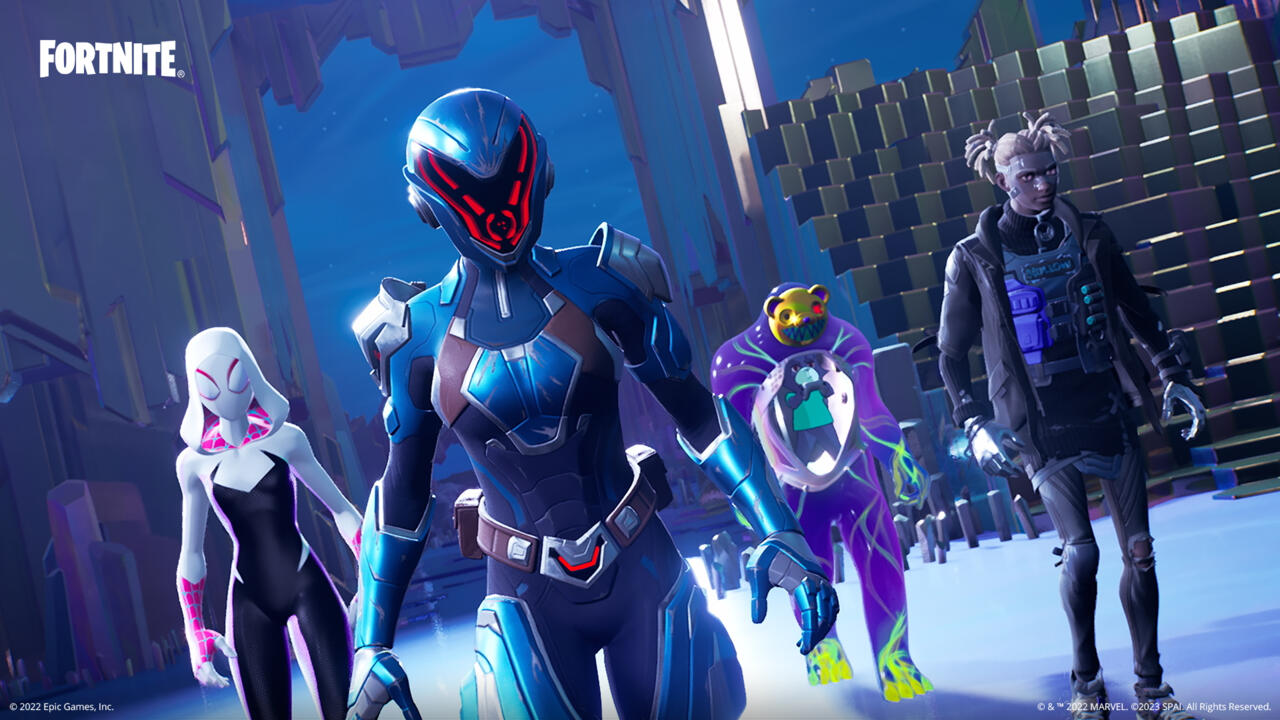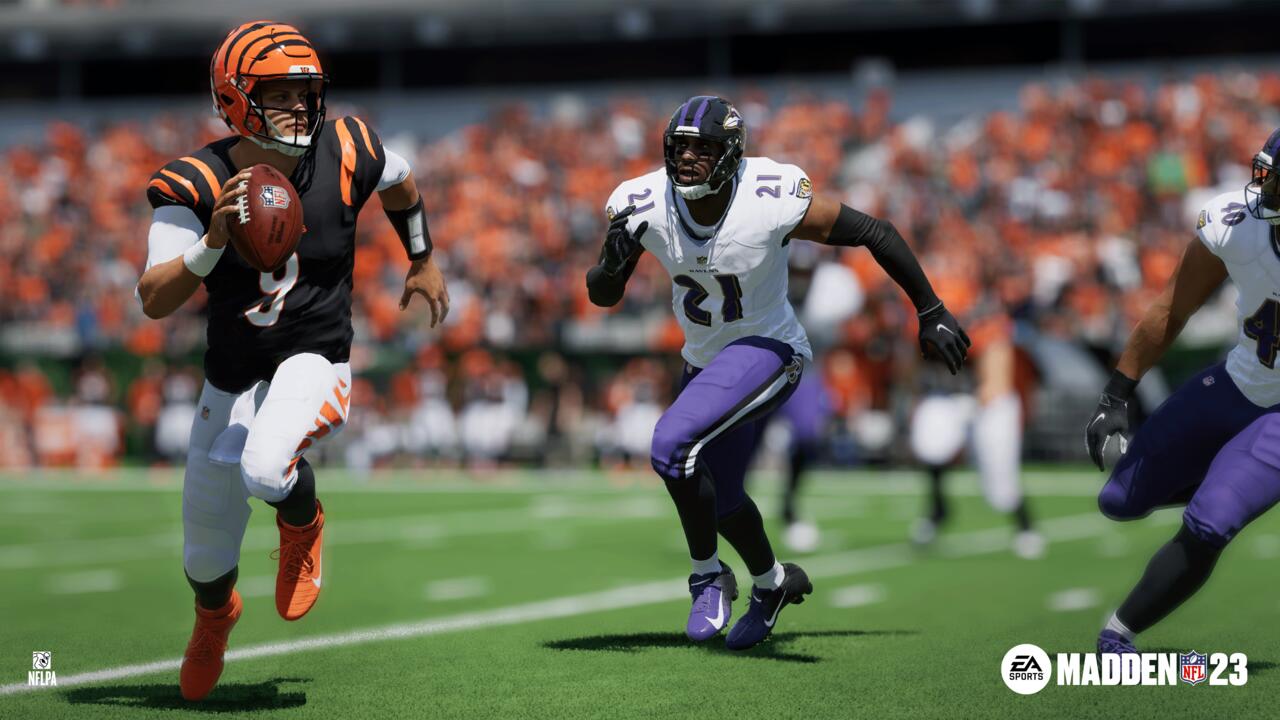This week, I played my first-ever round of Overwatch. I was immediately impressed by the game's synergistic class-based elements, and how a well-oiled machine of a team can quickly dismantle the opposition. I also loved the colors and art direction and the obviously thoughtful map design. It didn't take long for me to believe the hype--even if this much-anticipated sequel is perhaps too close to the original in certain ways. Still, for new eyes like mine, Overwatch 2 has been a revelation, but has also provided another look at something that has been consuming too much of my free time already: the battle pass.
Moving to a free-to-play model, this is Overwatch's first foray into the battle pass world, swapping out the series' unsavory use of loot boxes for the now-standard system where cosmetics like skins are unlocked through a battle pass. But rather than reserving your goods and paying in installments like layaway, with a battle pass, you pay up front and earn it all with, essentially, minutes played. Daily and weekly challenges, seasonal events, and more are there to help you grind through the game's 80 tiers and unlock everything you've already paid for.
Though others may disagree, I don't actually find this system predatory. It's at least better than the alternatives we've seen. Given the ballooning budgets of massive projects such as Overwatch 2, I find the battle pass to be a reasonable middle ground that manages to dodge the use of both loot boxes and pay-to-win tactics while also creating an in-game economy that sustains games meant to live on for years to come. Where this system does give me grief, however, is in how it asks me to budget my time, because when so many live-service games are using this system, I end up having to dedicate my limited free time to experience some of my favorite games' best parts, or else watch as these games move on without me.
The allure of the battle pass is obvious: Pay a little now to earn a lot for doing what you plan to do anyway. But the most enticing battle passes also have a way of making the game feel incomplete without it. The attach rate for Fortnite players buying the battle pass is likely quite high given the game's progression loop is basically non-existent without it. All the challenges and XP constantly thrown into the game go toward almost nothing in the end, making it feel like Fortnite, a free-to-play game, realistically costs about $9 every three months at a minimum.

There's also the fact that time spent and in-game spending basically go hand-in-hand--when one increases, so does the other for many players--which explains why studios are using the battle pass system so much right now. The more often we pop in for our daily and weekly challenges, the more likely it is we'll spend a bit extra, beyond that initial battle pass purchase, including even buying battle pass levels themselves, which in most games is an added and somewhat problematic option.
That's still a reasonable price I'm willing to pay--Fortnite has some amazing characters and crossovers--but to use Fortnite as a further example, in order to earn all eight skins with each battle pass plus stylish new digital items like gliders, back bling, lobby music, and more, it takes not just my purchase of the battle pass, but a considerable amount of time. Lately, I put about 80 hours into each season of Fortnite, which averages about an hour per day in a typical season. That doesn't sound like much, but the system also demands that I come back each day or else lag behind the pace I need to earn everything. Even then, it's doable for one game, but when you consider how prevalent this system has become, the total timesink adds up to something untenable.
It's not just Fortnite I play to complete its battle pass. It's also Sea of Thieves, Knockout City, and Madden. In each of these games, it's the combination of cool stuff available now--but importantly not forever--that makes taking time away from them so challenging. It's the Pavlovian appeal of popping in, hitting my dailies, watching a few numbers go up here or there, and getting out. In isolation with any single game, this system is quite enjoyable. Collectively, it means my favorite games are beginning to eat up too much of my day. I can give a game an hour or so each day, but it's much harder to find three or four hours on top of playing other games for work, checking out new single-player games, and of course, simply not gaming at all when I feel like it. But for fans of certain games, the alternative can feel just as bad.
To not unlock cool skins like Spider-Gwen in Fortnite, or not earn my Madden Ultimate Team that incredible 89 OVR Stephon Gillmore card feels like quitting, like I must be all in or all out with the games that I enjoy the most, because they and their communities forge ahead with or without me. And so, I stay all in. A few weeks ago, I was chasing four battle passes per day, like an assembly line of minor challenges to complete and boxes to check. It turned my favorite games into the same sort of busy work I and others so often lament sandbox games for having become.

Over the past three years, I've played no game more than Fortnite, but if you ask me what my favorite games are, Fortnite is sometimes an afterthought I can hardly explain. Though I do genuinely enjoy playing it and ultimately would argue it's a favorite when I'm clear-headed, sometimes it can feel like my relationship with the game is more like brushing my teeth: It's just something I do every day. That's an odd place to be as a player, but I expect is exactly where I'm meant to end up according to Epic Games.
The battle pass grind is full of fun rewards, but the feeling of them becoming compulsory to a game's experience leaves me with mixed feelings. Though it keeps me playing some games, it's led me to abandon other games I've enjoyed but in which I simply couldn't keep up with the daily routine. I'd not want to buy a battle pass if I couldn't finish it, and so if a game's battle pass feels mandatory--as they increasingly do--I'm quicker to just drop a game entirely. At least in Halo Infinite, you can continue working on old battle passes even after new ones have released, which is a nice touch--though it still doesn't help the feeling of getting left behind. The drive to complete a battle pass on time is still there for me even in Halo, to the extent that it became one of these games cut from my schedule.
And yet, now that I've finished the current battle passes for Sea of Thieves and Knockout City, I've bought into the Overwatch 2 inaugural battle pass too, making the same commitment I so often lament. Games are getting better at making them seem enticing, with XP boosts on offer, cool skins for your favorite characters, and often even a way to earn back your money spent to put it toward next season--good luck actually reserving it for that and not spending it on some other irresistible shop item, though. It's ultimately a privilege to even get this much gaming time, so in the grand scheme of things, it's not a big deal, but as we look ahead to where the industry might be in 5-10 years, I'm wondering how I can best invest not just my money, but my time too. The live-service era is a race for our attention, and only so many can make the podium.

